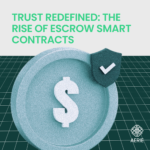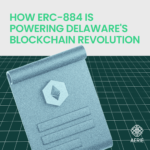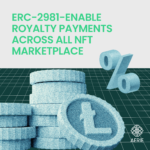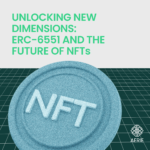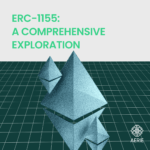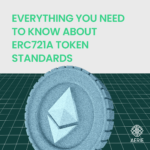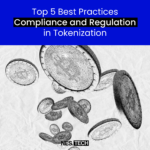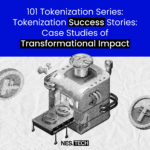Blockchain Tokens: Beyond Just Digital Currency
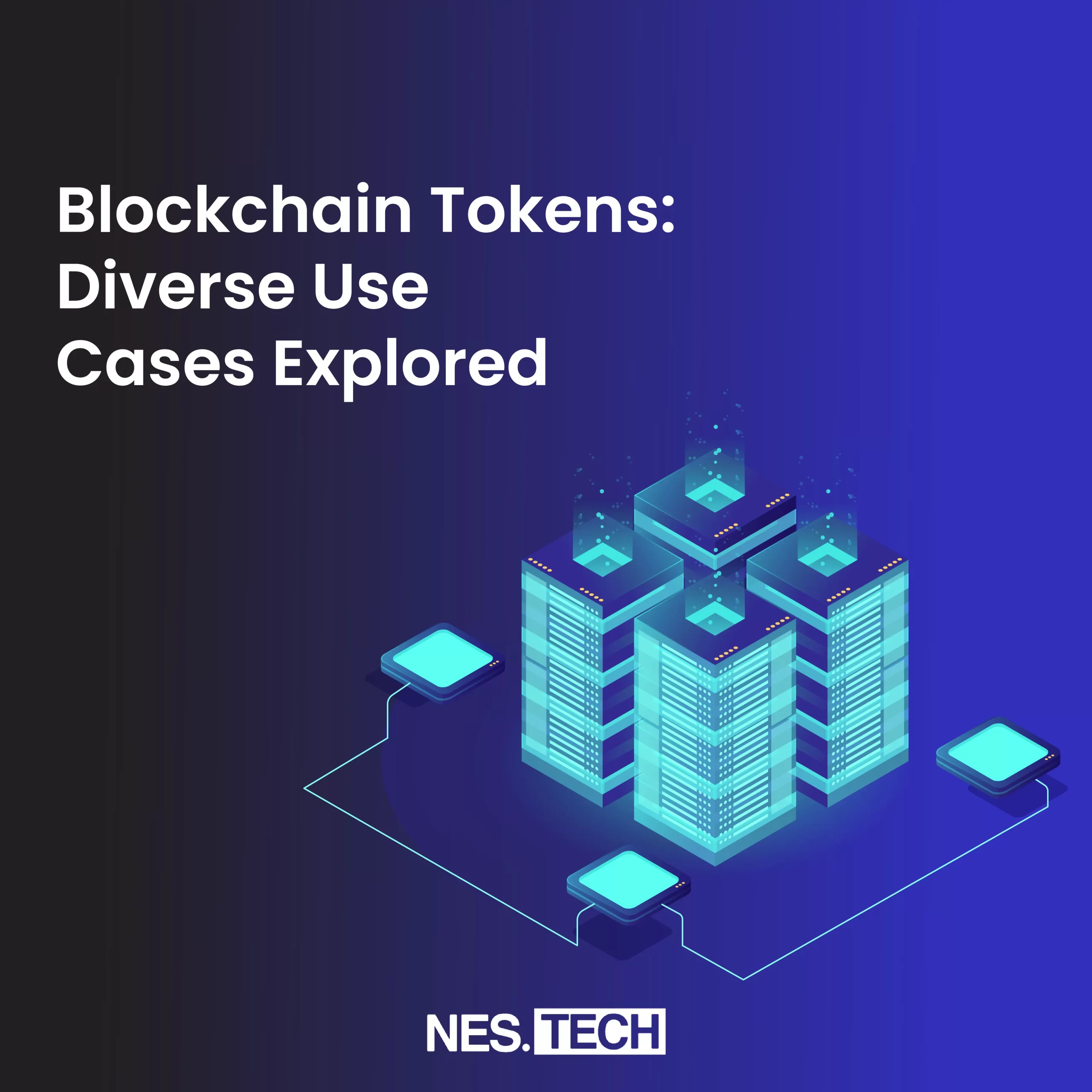
Before the widespread availability of the internet, could anyone have truly imagined the global interconnectedness we experience today? The mere concept of transmitting information across continents in seconds was once a distant dream. Now, as we stand at the brink of another technological frontier, blockchain tokens are undergoing a similar journey of skepticism and revelation.
Much like the early days of the internet, the potential of tokens is often questioned and misunderstood. Yet, just as the internet revolutionized communication, blockchain tokens are quietly laying the groundwork for a new era of digital innovation. From transforming financial transactions to reshaping asset management, these tokens are not just digital currencies; they are essential in building a future where decentralization, security, and efficiency take center stage.
In this article, we’ll unravel the many different roles of blockchain tokens and explore why they are essential in crafting a world that’s more connected and empowered than ever before.
What are Blockchain tokens?
In the heart of the blockchain revolution lies a fundamental component often cloaked in technical jargon — blockchain tokens. But what exactly are these tokens? At their core, blockchain tokens are digital units of value or assets that exist on their own blockchain or as part of another blockchain. They are more than just digital coins; they represent a wide array of assets and rights, managed and transacted through the immutable and transparent nature of blockchain technology.
To understand blockchain tokens, one must first grasp the concept of blockchain itself. Blockchain is a decentralized ledger, a technology that records transactions across multiple computers in such a way that the registered transactions cannot be altered retroactively. This technology ensures security, transparency, and integrity without the need for a centralized authority.
Blockchain tokens leverage this technology to serve various purposes. They can be categorized broadly into two types: cryptocurrency tokens and tokenized assets. Cryptocurrency tokens, like Bitcoin and Ethereum, are the most well-known forms, primarily serving as digital currencies for transactional purposes. On the other hand, tokenized assets represent digital versions of real-world assets, from stocks and real estate to artwork and collectibles.
The creation and issuance of these tokens are governed by smart contracts — self-executing contracts with the terms of the agreement directly written into code. This programmable aspect of tokens opens up endless possibilities, enabling automation, enhanced functionality, and new models of interaction in the digital world.
The Spectrum of Blockchain Tokens
The utility of blockchain tokens extends far beyond these basic categories mentioned earlier. They can embody rights, such as voting rights in a decentralized organization, or access to a specific service within a blockchain ecosystem (utility tokens). They can be unique, as in the case of non-fungible tokens (NFTs), which represent ownership of a unique item or asset. And this is just the tip of the iceberg.
1. Cryptocurrencies: The first and most obvious application, cryptocurrencies are digital money used for secure transactions. Their decentralized nature challenges traditional banking systems, offering a new paradigm of financial independence.
2. Utility Tokens: The backbone of numerous blockchain ecosystems, utility tokens provide access to specific services within a network. From paying for network services to participating in decentralized applications (DApps), these tokens play a key role in utilizing the power of blockchain technology.
3. Security Tokens: Representing a bridge between the traditional financial world and the blockchain space, security tokens symbolize investment in real-world assets like stocks or real estate. They are revolutionizing fundraising and investment strategies through security token offerings (STOs).
4. Non-Fungible Tokens (NFTs): NFTs are reshaping the concept of ownership in the digital world. From art to collectibles, they represent a unique asset, ensuring authenticity and exclusivity in the digital realm.
5. Governance Tokens: In the world of decentralized autonomous organizations (DAOs), governance tokens are a game-changer. They democratize decision-making, giving holders a voice in the network’s future.
6. Stablecoins: Addressing the volatility of cryptocurrencies, stablecoins offer a stable medium of exchange. Pegged to stable assets like the US dollar, they are a crucial element in achieving balance in the crypto space.
7. DeFi Tokens: The lifeline of decentralized finance, these tokens are not just about investment; they embody participation in a financial revolution that’s decentralized, inclusive, and efficient.
8. Reward Tokens: Rewarding participation and contribution, these tokens incentivize network-supportive behavior, fostering a cooperative ecosystem.
9. Privacy Tokens: In a world where privacy is of utmost importance, these tokens offer anonymity in transactions, a feature hard to achieve in traditional financial systems.
10. Tokenized Assets: Bringing liquidity and fractional ownership to physical assets like gold or real estate, tokenization is redefining asset management and investment.
Why Tokens Matter
The role of tokens in the blockchain ecosystem transcends being a mere technological novelty; they represent a strategic enhancement to a myriad of applications, redefining how we interact with digital assets and systems. Far from being just a fad, they are a key element in the ongoing evolution of digital transactions and governance.
One of the foundational impacts of blockchain tokens is in fostering decentralization and trust. By eliminating the need for central authorities, tokens engender a new level of trust and security in transactions. This shift from centralized to decentralized systems is not just a change in technology, but a transformation in the fundamental way we handle transactions and manage trust.
Moreover, tokens are not static assets; they are dynamic and programmable, thanks to smart contracts. This programmability allows tokens to automate complex transactions and agreements, streamlining processes that traditionally require extensive manual intervention and oversight. They become more than mere representations of value; they are active participants in digital ecosystems, capable of executing sophisticated functions autonomously.
Security and transparency are other crucial aspects where tokens bring significant advantages. The immutable nature of blockchain ensures that once a transaction involving tokens is recorded, it cannot be altered. This immutability provides a high level of security and transparency, further enhancing trust in the system.
Tokens also revolutionize the concept of asset ownership. By enabling fractional ownership, they lower the barriers to investing in various assets, whether it’s real estate, art, or other traditionally illiquid assets. This democratization of asset ownership not only makes investments more accessible but also enhances the liquidity of these markets.
Global accessibility is another key advantage of blockchain tokens. They transcend geographical boundaries and traditional banking systems, facilitating smoother, more inclusive global transactions. This global reach is pivotal in a world where digital interactions and transactions are increasingly borderless.
Community engagement and incentivization are areas where tokens particularly shine. They are powerful tools for engaging communities, offering incentives for network participation, maintenance, and growth. Whether it’s rewarding users for contributing to a network or enabling participation in governance through tokens, they foster a cooperative and active ecosystem.
Lastly, in a digital age where privacy is increasingly valued, privacy tokens offer a haven for secure and anonymous transactions. They address the growing demand for privacy in digital transactions, providing a level of anonymity that is difficult to achieve in traditional financial systems.
Final Thoughts
As we reflect on the journey and potential of blockchain tokens, it’s clear that we stand on the precipice of a new digital era, one that could be as transformative as the advent of the internet itself. Skepticism, a natural response to any pioneering technology, has often clouded the broader perception of what tokens can truly offer. However, just as the internet overcame initial doubts to become a cornerstone of modern life, blockchain tokens are steadily carving their niche as indispensable tools in our digital toolbox.
The true essence of blockchain tokens lies in their versatility and their power to redefine interactions in the digital space. They are not just a new form of currency or a speculative asset; they represent a fundamental shift in how we conceive and handle value, ownership, and participation. From empowering individual investors with fractional ownership of assets to enabling global, borderless transactions, tokens are breaking down traditional barriers and opening up new avenues for innovation and growth.
Perhaps most importantly, blockchain tokens are a testament to the ever-evolving nature of technology and its ability to adapt, evolve, and meet the complex demands of our modern world. They signal a move towards more democratic, transparent, and efficient systems, where the principles of decentralization, security, and inclusivity are not just theoretical ideals, but practical realities.
As we navigate this new digital landscape, it’s crucial to continue exploring, questioning, and understanding the multifaceted roles of blockchain tokens. Their potential to revolutionize various sectors — from finance to art, from governance to privacy — is immense, and we are just beginning to scratch the surface. The journey of blockchain tokens, much like the early days of the internet, is a story of innovation, resilience, and the relentless pursuit of a more interconnected and empowered world. It’s a journey worth watching, and more importantly, participating in.

